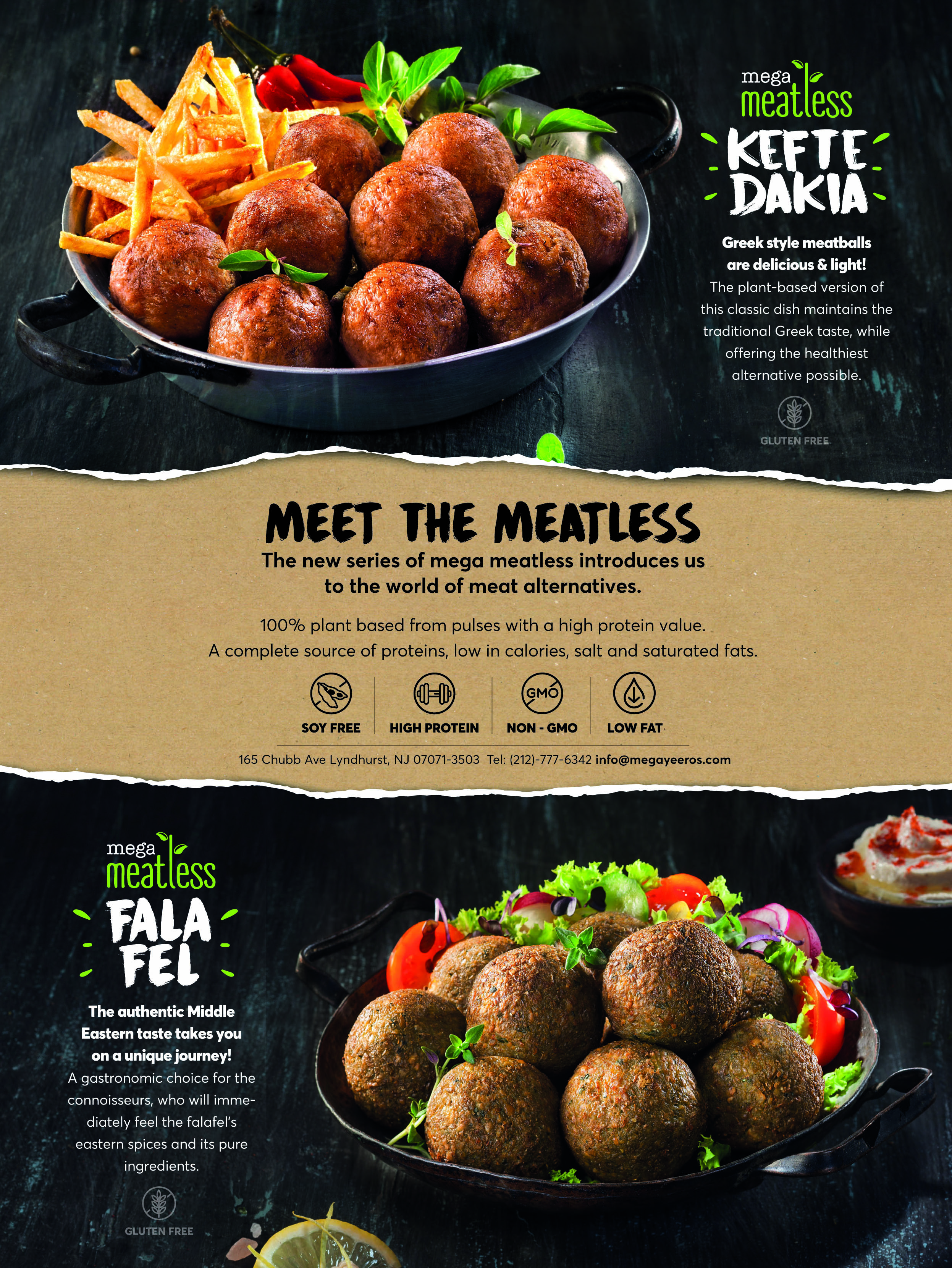Hire Smart, Hire Right
Posted by estiator at 10 September, at 03 : 06 AM Print
MANAGING FOR SUCCESS
By CONSTANTINE N. KOLITSAS Business Coach
Hiring is an area where typical restaurant managers fail repeatedly. With so many things a manager has going on—managing labor and food costs, keeping staff up to standards, performing marketing tasks, managing vendors, monitoring food safety protocols—it’s no wonder that hiring is often done without much forethought. Looking in the mirror, it’s pretty obvious that we don’t put aside enough time to interview candidates properly; our minds are on a million other things as we talk to them, and we don’t plan ahead, thinking through what we are looking for in a new hire. Instead, we trust our instincts because, after all, we’ve done this a million times before. Well, if you can say your team is perfect, you can stop reading this. If not, there may be some good insights here for you.
Though some managers put little energy into hiring, it is, nonetheless, one of the most important functions they perform. Hiring the right team members makes all the other parts of the job easier: The right hires will boost morale, learn quickly, and work conscientiously. High employee engagement enables the manager to leverage the team to realize the key performance indicators for the restaurant: increasing sales, maintaining prime costs, and running a clean and safe kitchen.
The key term to remember when thinking about your team, in fact, is “engagement.” An engaged team is focused, committed, and enthusiastic about achieving its objectives. And while your leadership skills speak to the level of engagement a team achieves, choosing the right members is critical.
So it’s important to hire smart, looking for key attributes that will translate into a valuable, engaged employee. Among those are the following, along with some helpful ways to determine whether candidates possess these attributes.
Presentable. A job candidate who comes to an interview looking like a slob will likely come to work looking like a slob. Look for those who dress to impress, and take note of their personal hygiene.
Respectful. A truly excellent employee is not a bootlicker but someone with a strong sense of self-respect. Still, a good candidate will demonstrate respect and appreciation for the contribution of the restaurant’s managers, owner, trainers, and veterans. Sample question: “Tell me a little bit about the people you’ve worked with in the past; in what ways did they help you in the performance of your job?”
Conscientious. A conscientious employee doesn’t need to be told what to do at every minute; they’re eager to complete tasks without being asked or overseen. They take pride in performing their job well. Sample interview prompt: “In your last position, what is something you accomplished that gives you a great sense of satisfaction?” Listen closely to the answer, and don’t be shy about interjecting pointed questions that help you understand to what extent that accomplishment was the result of self-motivation.
Hiring the right team members makes all the other parts of the job easier.
Hospitable. Ours is a hospitality business. Observe the demeanor of the candidate and try to assess how they might treat a guest in their home. Does it seem as if they want to please? Do they make you feel happy you are sitting and having a conversation with them? Accountable. A great employee is one who doesn’t put blame on someone else, but assumes responsibility when things go wrong. This can come as a qualifier. For example: “The cook told me the steak was well done, but it turned out that it was rare and the guest was unhappy. I should have challenged the cook because I could see red juice pooled on the side of the plate.” In this example, the candidate has learned a lesson about not trusting their instincts and, more importantly, has identified their own culpability in a situation that went wrong.
Energetic. As you talk with the candidate, are they feeding off your energy, or do they have an energy all their own? You want individuals who don’t rely on pep talks from managers but come to work energized and enthused.
Positive. A great hire searches for the good in every situation. Someone who spends time complaining during the interview about things they could have changed falls outside this parameter. Don’t hire anyone who is overtly negative about their previous experience; they will probably find fault with you and your operation as well.
Courteous. A good candidate is polite and courteous. Excessive familiarity in an interview could be a negative sign. Ask questions that have to do with teamwork to see if candidates are considerate to others or just in it for themselves.
Ambitious. A great employee will want opportunity to grow and develop. Someone who is fine with a dead end will not be your best hire and, eventually, will feel entitled. Ask where they see themselves in a year, two years, five years.
Honest. Look for someone with integrity, who does the right thing even when no one is watching. Leave a dollar on the floor near the area where you’re conducting the interview. Ask, “Did you drop a dollar?”
Constantine Kolitsas is the president of CNK Consulting, a restaurant consultant and coaching business. He can be reached at 203-947-6234 or at ckolitsas@gmail. com.















